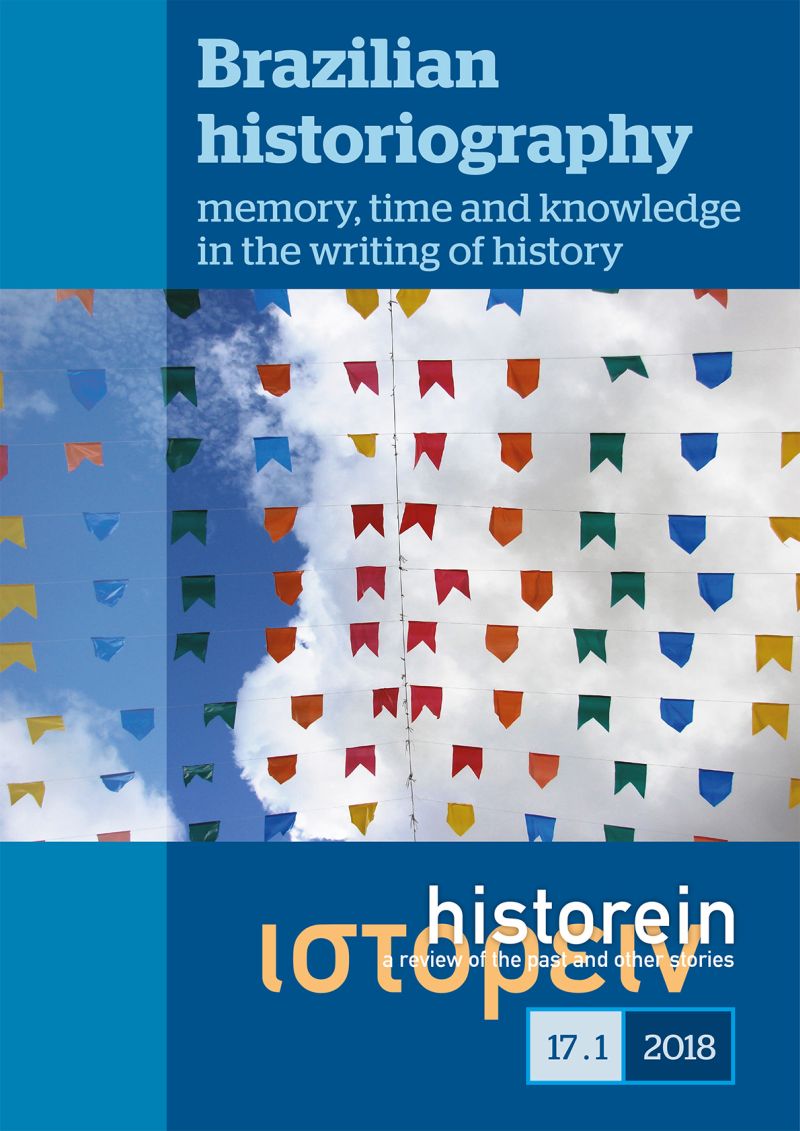The forms of history in the nineteenth century: the regimes of autonomy in Brazilian historiography

Abstract
The forms of history is not a neutral expression. It alludes to the more general questions about the forms that history can take, in disciplinary terms, to the content of its discourse, or to the design, structure and physical ontology of historical material (form before content). In other words, the forms of history lead the historian to self-reflection in relation to the modalities of the research (the institutional situation, concerns and methods), the writing and the dissemination of history. The connection between nation and the forms of history seems indisputable and indissoluble. Our proposal is to go beyond this axiomatic formulation. Therefore, we propose an inversion of its assumptions and ask when was a conception of history founded in Brazil and how history becomes a knowledge of itself, that is, a subjective category of awareness, to then become the depository of knowledge about the nation, its primordial or most visible object throughout the nineteenth century.
Article Details
- How to Cite
-
Araujo, V., & Cezar, T. (2018). The forms of history in the nineteenth century: the regimes of autonomy in Brazilian historiography. Historein, 17(1). https://doi.org/10.12681/historein.8812
- Section
- ARTICLES

This work is licensed under a Creative Commons Attribution-NonCommercial-ShareAlike 4.0 International License.
The copyright for articles in this journal is retained by the author(s), with first publication rights granted to the journal. By virtue of their appearance in this open access journal, articles are free to use (with the exception of the non-granted right to make derivative works) with proper attribution for non-commercial uses (licence Creative Commons 4.0). EKT/NHRF retains the worldwide right to reproduce, display, distribute, and use articles published in Historein in all formats and media, either separately or as part of collective works for the full term of copyright. This includes but is not limited to the right to publish articles in an issue of the Journal, copy and distribute individual reprints of the articles, authorize reproduction of articles in their entirety in another EKT/NHRF publication, and authorize reproduction and distribution of articles or abstracts thereof by means of computerized retrieval systems.

